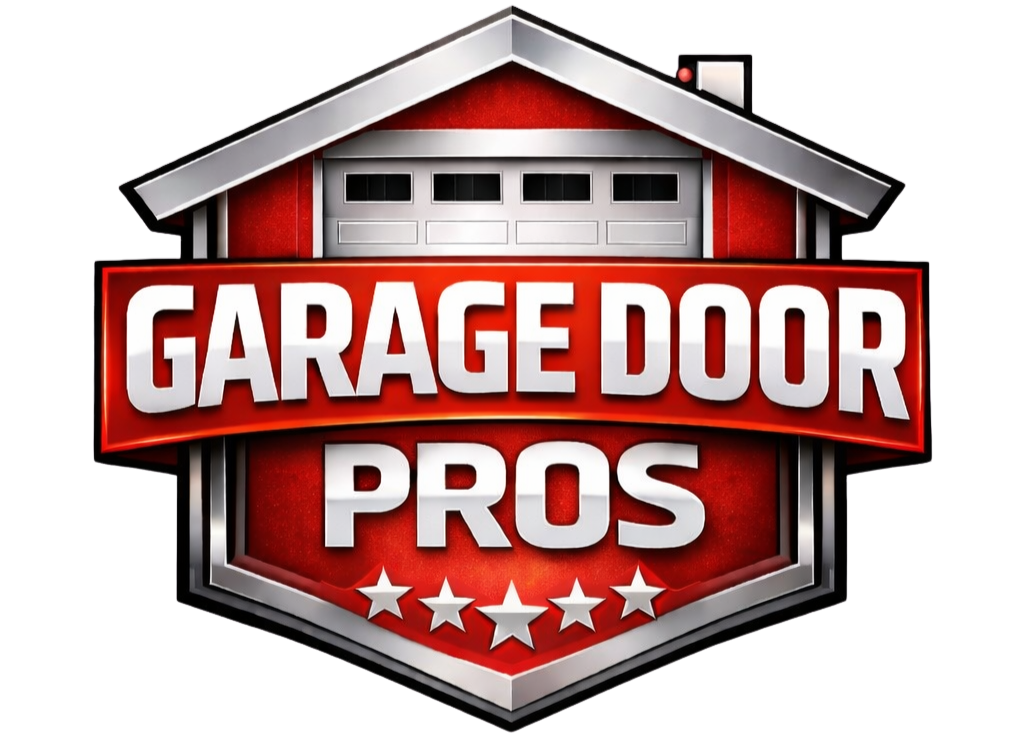A garage door opener is something most people rely on every single day, yet its lifespan often goes unnoticed until problems start showing. On average, most openers last between 10 and 15 years, but the exact number can change depending on the brand, the type of opener, and how well it is maintained. Some systems may serve longer with proper care, while others wear out faster under heavy use.
In this guide, you’ll find the typical lifespan of ten major garage door opener brands, along with the key factors that affect durability and tips for getting the most out of your unit.
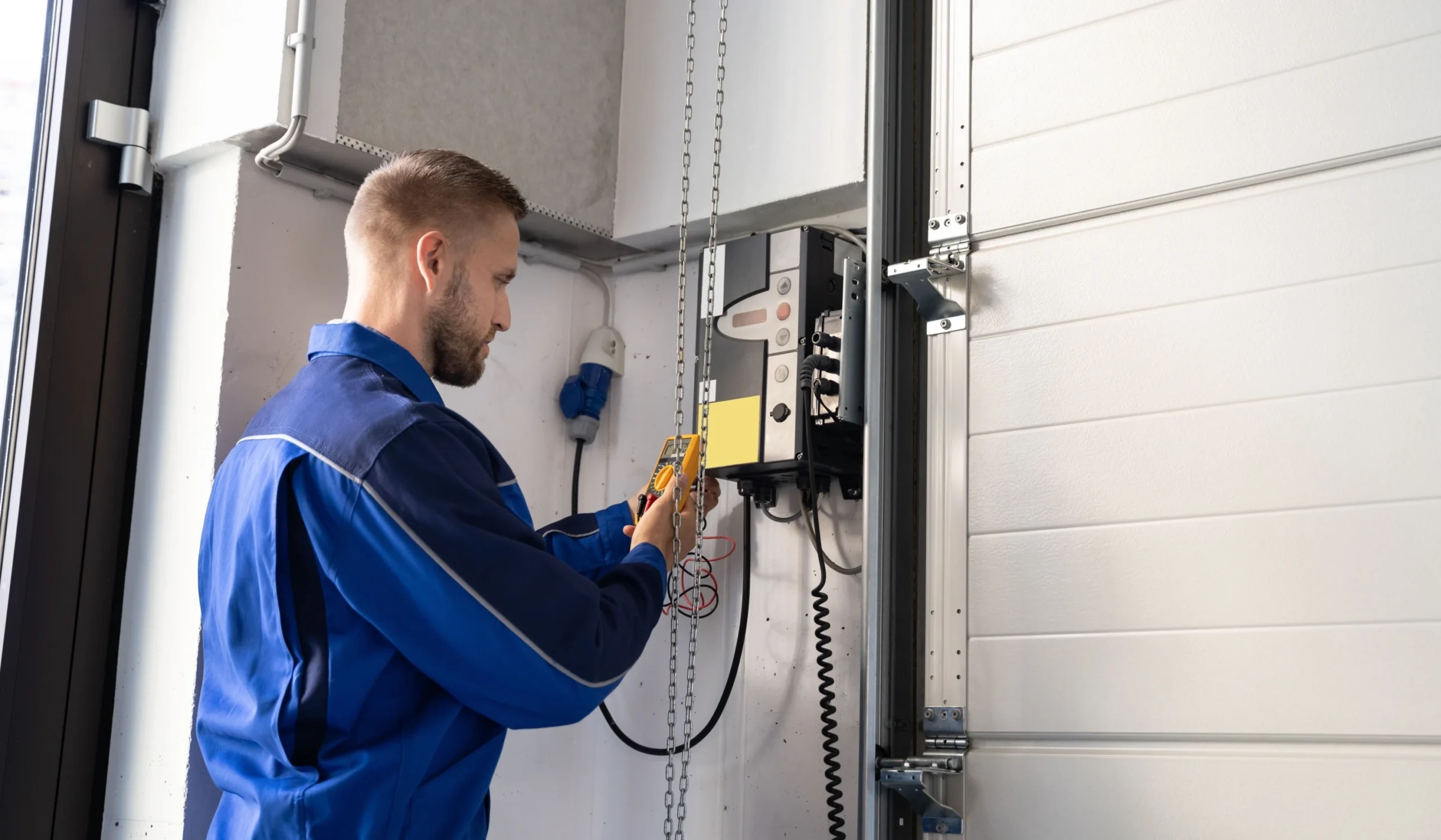
Factors That Affect the Lifespan of Any Garage Door Opener
Before looking at specific brands, you must know what really affects the lifespan of a garage door opener. These key factors will give you a clear idea of how long your opener might last.
A- Daily Usage
How often you use your garage door has a big impact on how long the opener lasts. A busy household that opens the door several times a day will wear out parts faster than a home where the door is only used once or twice.
B- Type of Opener System
Different opener systems handle wear in different ways. Chain drives are sturdy but may need more maintenance. Belt drives run quieter and smoother, while screw drives and smart openers have their own strengths and care needs. Each system’s design plays a role in the overall lifespan.
C- Installation Quality
A garage door opener that is installed correctly works more efficiently and lasts longer. Poor installation can leave the motor straining against an unbalanced door or misaligned tracks, which shortens the opener’s life. A professional setup usually adds years to the system.
D- Climate and Environment
Humidity, dust, and extreme temperature swings all affect the mechanical parts and electronics. Openers in hot garages or coastal regions may need replacement sooner than those in mild climates.
E- Maintenance Habits
Regular maintenance is one of the easiest ways to add years to your opener. Lubrication of moving parts, correct alignment, and replacement of worn springs or rollers can reduce strain on the motor and keep the system in its best working condition.
Lifespan Overview of the Top 10 Garage Door Opener Brands
The lifespan of each garage door opener brand can vary, but one factor stays the same that is maintenance. Regular care, proper lubrication, and timely repairs play a major role in how long any opener truly lasts.
1- Chamberlain
Most Chamberlain garage door openers last around 10 to 15 years, depending on daily use. They commonly use chain or belt drives, both of which benefit from regular lubrication. Keeping the door well-balanced and the tracks clean can extend the opener’s service life.
2- LiftMaster
LiftMaster openers typically last 12 to 15 years with steady maintenance. Homes with frequent daily use may notice wear earlier. Keeping the motor free from dust, checking the safety sensors, and scheduling yearly inspections can help extend its lifespan.
3- Genie
Genie openers usually last 10 to 12 years. They are available in chain, belt, and screw drive styles. To maintain their performance, keep the drive system lubricated, replace worn remotes, and clean the safety sensors regularly.
4- Craftsman
Craftsman models generally last 10 to 13 years. Replacement parts are fairly easy to find, which makes upkeep more manageable. Regularly inspecting the drive chain or belt and replacing worn gears can add extra years to the opener.
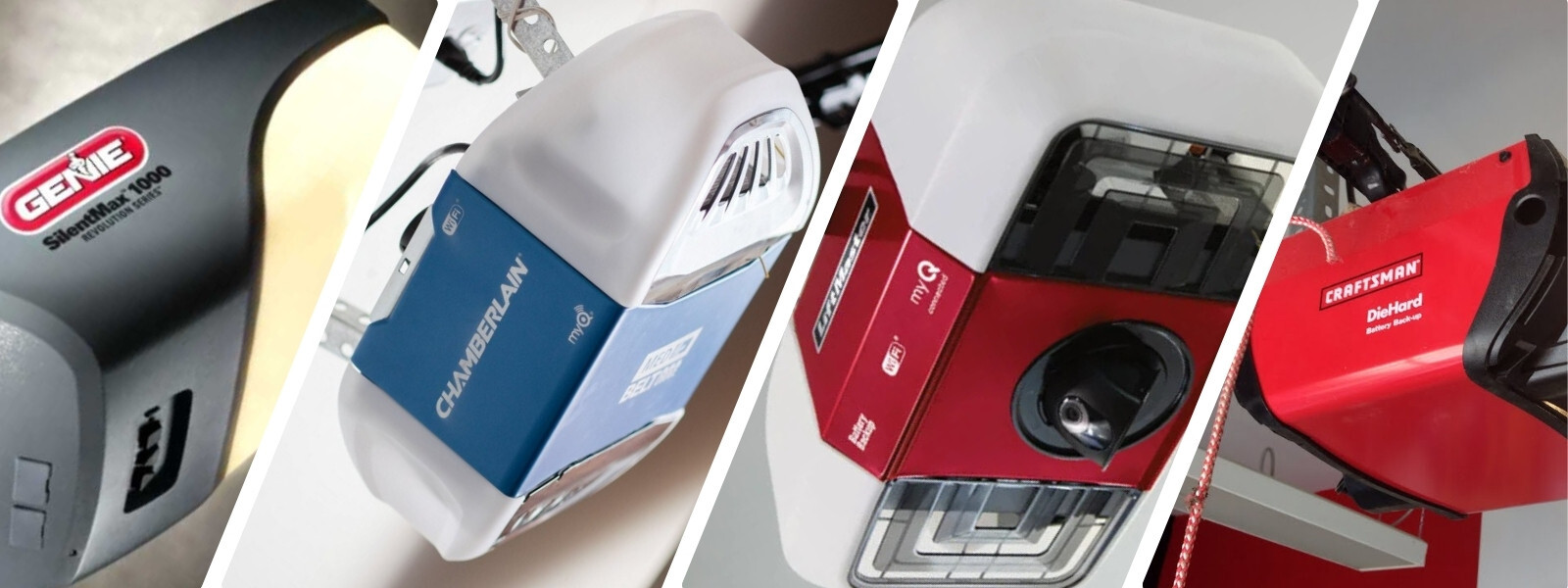
5- Sommer
Sommer openers often last 12 to 15 years. Their direct-drive design reduces friction, which can add to their durability. Still, keeping the rail clean, tightening hardware, and checking the motor carriage are simple ways to preserve longevity.
6- Linear
Linear openers last about 10 to 12 years, though their lifespan can be shorter in very busy households. Installation quality plays a big role in these units, so proper setup and routine maintenance checks are important for long-term use.
7- Skylink
Skylink openers have an average lifespan of 8 to 12 years, depending on usage patterns. They work best in residential settings with moderate daily use. Regular battery replacement and light lubrication help keep them running smoothly.
8- Ryobi (Discontinued, but still in use)
Ryobi openers generally last 8 to 10 years. Many included modular add-ons, which require periodic checks and replacements. If you have a Ryobi unit, keep accessories in good condition and watch for wear on the drive system.
9- Guardian
Guardian openers last 10 to 12 years on average. They are often used in both residential and light commercial settings. Cleaning the sensors, checking the chain or belt, and keeping the door balanced will add years of reliable operation.
10- Overhead Door
Overhead Door openers typically last 12 to 15 years, with commercial-grade units often serving even longer. For the best results, homeowners should schedule routine inspections, keep the opener free of debris, and replace worn parts promptly.
Lifespan by Door Opener Drive Type: Belt, Chain, Screw, and Direct
Garage door openers don’t all age the same. The drive type plays a big role in lifespan. Understanding how belt, chain, screw, and direct systems perform over time will help you plan smarter maintenance.
1- Belt Drive Openers
Belt drive openers generally last 10 to 15 years. They use a reinforced rubber or polyurethane belt, which makes them very quiet compared to chain drives. However, belts can wear faster in garages exposed to extreme heat or humidity.
With proper maintenance, belt drives can serve just as long as chain models. Simple habits like lubricating moving parts, checking belt tension, and keeping dust away from the motor will keep the door opener operating for longer.
2- Chain Drive Openers
Chain drive openers are often considered the workhorses of the group. They usually last 12 to 15 years and can handle heavier garage doors with ease. The metal chain makes them very durable, though they can be noisier than belt drives. Over time, chains may stretch and cause uneven lifting. Regular lubrication and occasional adjustments keep the chain in good condition.
3- Screw Drive Openers
Screw drive openers have a typical lifespan of 10 to 12 years. Instead of belts or chains, they use a threaded steel rod to move the door. With fewer parts, they are simpler in design but more sensitive to temperature swings. Cold weather can make the screw stiff, while heat can thin the lubricant. Proper greasing and cleaning of the rail is needed to prevent wear and tear.
4- Direct Drive Openers
Direct drive openers are known for their long service life, often 15 years or more. Unlike other systems, the motor itself moves along the rail to lift the door. Direct drive door openers have fewer moving parts, and there is less damage over time.
These openers require little maintenance, but occasional inspections are still recommended. Keep the track clean, tighten the loose connections, and check the power supply to make sure the motor keeps working.
Signs Your Garage Door Opener May Be Nearing the End
If you are wondering whether your garage door opener is getting old, here are the most common warning signs to watch for:
- Slower operation: If the door takes noticeably longer to open or close, the motor may be wearing down.
- Strange noises: Grinding, squeaking, or rattling often signal worn gears, loose chains, or failing parts.
- Unresponsive controls: Delayed or inconsistent response from remotes or the keypad shows the electronics may be failing.
- Frequent breakdowns: Constant repairs even after routine maintenance suggest the opener is reaching the end of its life.
- Faulty safety features: If the auto-reverse or sensors stop working reliably, replacement should be a priority for safety.
How to Extend the Lifespan of Any Brand
- Schedule regular inspections at least once a year. A professional can identify hidden issues early, helping you avoid costly breakdowns and keep the opener running smoothly for longer.
- Keep tracks, chains, and belts clean and lubricated. Dust, dirt, and friction wear down moving parts faster. Proper lubrication reduces strain on the opener and improves daily performance.
- Balance the garage door to reduce motor strain. An unbalanced door forces the opener to work harder, shortening its lifespan. Checking and adjusting the balance prevents unnecessary stress on the system.
- Replace worn parts such as springs, rollers, or sensors before they fail. Addressing minor wear early prevents damage to the opener and avoids sudden breakdowns at inconvenient times.
- Protect the opener’s electronics with a surge protector, especially in storm-prone areas. Power surges can damage the circuit board, cutting its lifespan short. Surge protection adds valuable long-term safety.
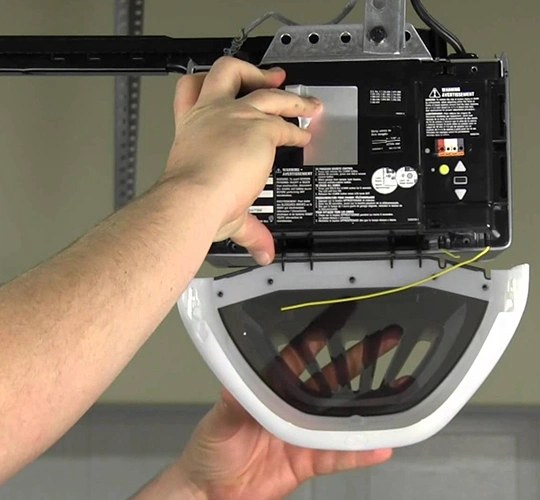
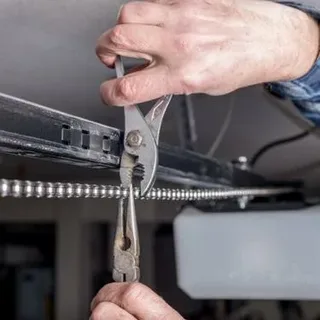
When to Repair and When to Replace
If your opener has a minor issue and the repair cost is low, fixing it makes sense. Replacing a remote battery, adjusting the sensors, or tightening loose parts can quickly restore normal function without much expense. But when repair bills start creeping close to the cost of a new opener, it’s usually smarter to invest in replacement instead of putting money into an older system.
You should also think about age. If your opener is more than 12–15 years old, it may not be worth repairing. Newer models come with stronger safety features like advanced auto-reverse systems and smart controls, giving you added protection and convenience. Choosing replacement at this stage not only saves you from frequent breakdowns but also upgrades your garage with better technology.
Wrapping Up:
Garage door opener lifespans vary by brand, drive type, and how well they’re maintained. By keeping up with inspections, replacing worn parts early, and protecting electronics, you can add years of reliable service.
If your opener is slowing down, making unusual noises, or is past 12 years of age, replacement may be the smarter choice. A little attention today can save you from sudden breakdowns tomorrow and keep your garage running smoothly for the long haul.
